Here's why Instacart, DoorDash and Uber Eats should be very afraid about rise of full self-driving cars
The growth of full self-driving cars poses a big threat to DoorDash, Instacart, and Uber Eats, according to Brittain Ladd, a supply chain consultant and former Amazon executive.
In a LinkedIn post, he observes that OpenAI's Operator, an AI agent that can browse the web on a customer's behalf, has DoorDash executives concerned that a shift to site visits from bots rather than people will hurt its business.
Instacart is also worried about the same issue. MCP, or Model Context Protocol, eliminates the grunt work developers of agents need to do for AI to get information from apps or take actions involving them such as making a purchase.
Ladd comments: "It makes perfect sense for DoorDash, Instacart and other companies to be worried about MCP and the growing trend of AI agents. However, there is something else that I believe is possibly an even bigger threat to them: the growth of full self-driving cars.”
“Today, Tesla is the leader in FSD for their passenger cars. Elon Musk is developing a FSD Robotaxi. Uber has partnered with Waymo, to offer robotaxi service in Austin, TX and Atlanta, GA in early 2025. Multiple car companies in China, (BYD for example) have launched self-driving cars. By 2030, if not sooner, FSD will be much more common across America."
So what's the threat? As consumers increase the use of ChatGPT and other AI platforms to place food and online grocery orders, Ladd believes that instead of food and groceries being delivered by a gig worker working for DoorDash, Instacart or Uber Eats, customers with FSD equipped vehicles will dispatch their cars to handle pickup and thus avoid delivery charges.
The majority of grocery retailers (including Walmart) are picking and fulfilling online grocery orders from their stores. They can leverage their own employees to do the fulfillment, but they require a service like DoorDash, Shipt, Uber, or Instacart to make the delivery to the customer.
Ladd says: "This is what has made Instacart so sticky to their grocery retail customers - it can fulfill and deliver the orders. FSD, however, will change the game. On average, customers order groceries and food from restaurants and grocery stores that are located."
"FSD, however, will change the game. On average, customers order groceries and food from restaurants and grocery stores that are located within two miles of their home or apartment. Driving to and from these locations requires mostly traveling on city streets at relatively low speeds. FSD cars will be able to make the journey."
As to how food and groceries get inside the car, for now, most restaurants and grocery retailers will utilise an employee to place them inside a truck or backseat. Restaurants will do the same. But at some point, automation is possible, Ladd argues.
He concludes: "Loading groceries or food into a car is already possible using a humanoid robot. I anticipate that Jeff Cardenas and Nick Lombardo of Apptronik will be the first to design a humanoid robot solution for grocery retailers to utilise. Apptronik doesn't have to wait for FSD cars to arrive, it can immediately begin working with grocery and other retailers."
Instacart, DoorDash and Uber Eats did not respond to our request for comment.
RTIH AI in Retail Awards
RTIH, organiser of the industry leading RTIH Innovation Awards, proudly brings you the first edition of the RTIH AI in Retail Awards, which is now open for entries.
As we witness a digital transformation revolution across all channels, AI tools are reshaping the omnichannel game, from personalising customer experiences to optimising inventory, uncovering insights into consumer behaviour, and enhancing the human element of retailers' businesses.
With 2025 set to be the year when AI and especially gen AI shake off the ‘heavily hyped’ tag and become embedded in retail business processes, our newly launched awards celebrate global technology innovation in a fast moving omnichannel world and the resulting benefits for retailers, shoppers and employees.
Our 2025 winners will be those companies who not only recognise the potential of AI, but also make it usable in everyday work - resulting in more efficiency and innovation in all areas.
Winners will be announced at an evening event at The Barbican in Central London on Wednesday, 3rd September.
This will kick off with a drinks reception in the stunning Conservatory, followed by a three course meal, and awards ceremony in the Garden Room.
Please email our Editor, Scott Thompson, if you have any questions or need further information: scott.thompson@retailtechinnovationhub.com
Key 2025 dates
Friday, 18th July: Award entry deadline
Tuesday, 22nd July: 2025 finalists revealed
Wednesday, 23rd July - Friday, 8th August: Judging days
Wednesday, 3rd September: Winners announced at the 2025 RTIH AI in Retail Awards Ceremony, to be held at The Barbican in Central London.

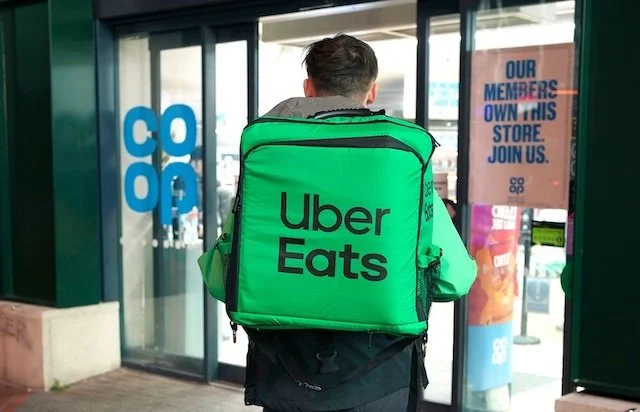





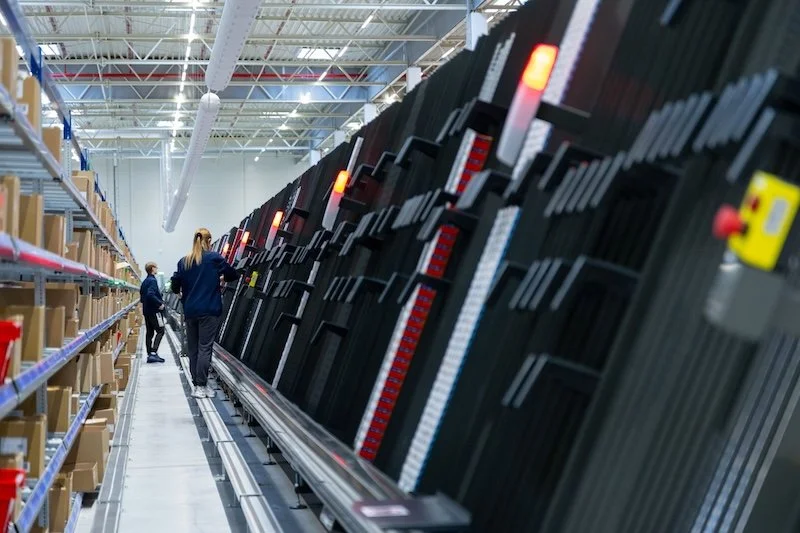


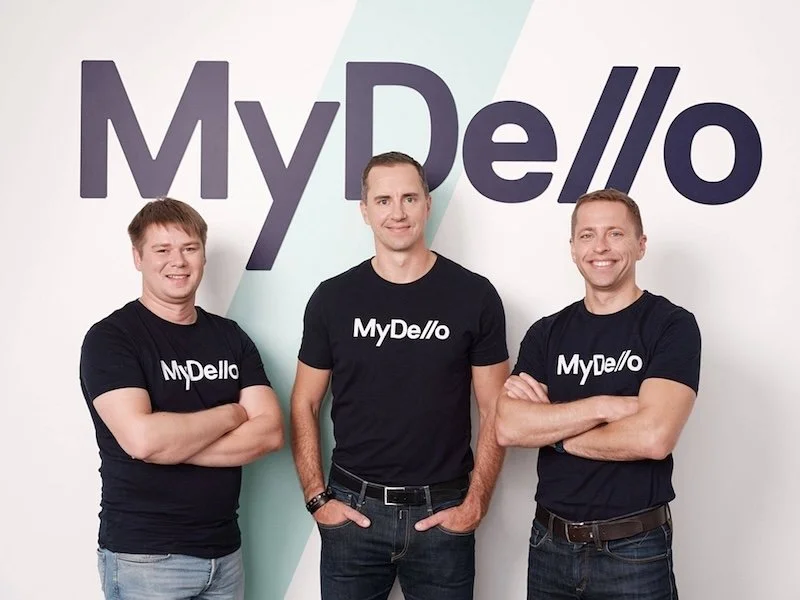
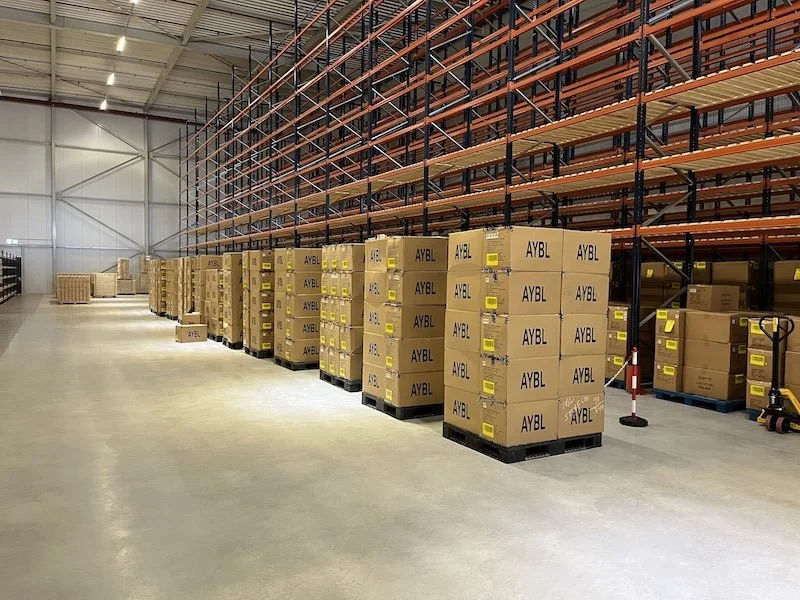











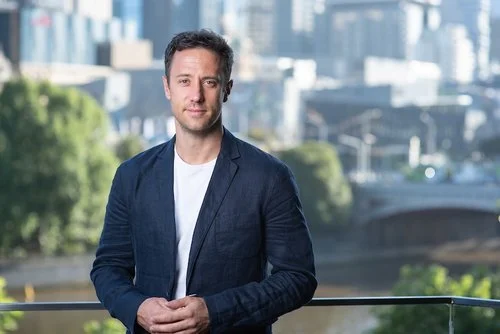







Continue reading…